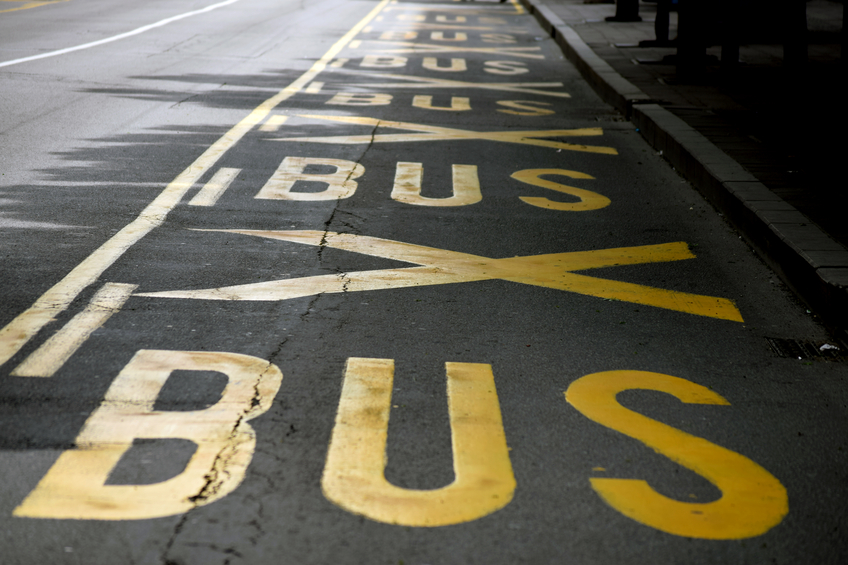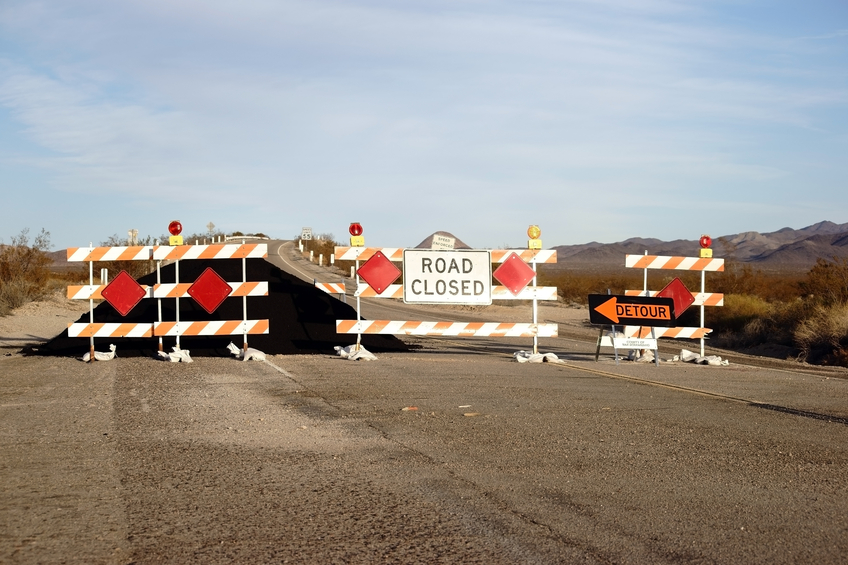Virginia Transportation 16 PDH Discount Package 2
Courses in this Package
Low-Cost Treatments for Horizontal Curve Safety (C08-020)
Managed Freeway Lanes (C04-011)
Minimum Retroreflectivity Levels for Blue and Brown Traffic Signs (C04-046)

This online PDH course primarily covers engineering countermeasures for horizontal curve safety that are relatively low-cost, such as signage and pavement markings.
This course is intended to provide information specifically relating to lower volume two-lane roads and the agencies that manage them. It will help transportation agencies and their crews understand the available countermeasures and how to select and apply them.
This 8 PDH online course is applicable to traffic engineers, local transport agencies, design professionals and personnel who wish to understand the available horizontal curve safety countermeasures and how to select and apply them.
This PE continuing education course is intended to provide you with the following specific knowledge and skills:
- Learning about the two components of safety improvements
- Familiarization with the markings, signs, and pavement countermeasures that are used to improve horizontal curve safety
- Addressing the importance of roadside conditions and improvement opportunities
- Familiarization with the possible means of improving intersections
Upon successful completion of the quiz, print your Certificate of Completion instantly. (Note: if you are paying by check or money order, you will be able to print it after we receive your payment.) For your convenience, we will also email it to you. Please note that you can log in to your account at any time to access and print your Certificate of Completion.

This online engineering PDH course describes operating managed lane projects through a case study approach, highlighting best practices of the projects and the lessons learned. It also presents emerging issues and knowledge gaps. The intent of this course is to provide a cross-cutting study of the issues and experiences of various agencies as managed lane projects are implemented and policies are drafted.
Increasing traffic congestion in the major metropolitan areas is costing billions of dollars each year in lost productivity, wasted fuel, increasing air pollution and hours of delay. Adding new general-purpose lanes is increasingly difficult because of factors such as construction costs, limited right-of-way, environmental and societal concerns. As a result, agencies are looking for solutions to improve the flow of traffic on existing facilities.
One concept being considered is that of "managed lanes". Managed lanes employ various strategies to improve flow and maximize the efficiency of the freeway system. Common types of managed lanes include high-occupancy vehicle (HOV) lanes, high-occupancy toll (HOT) lanes, value priced lanes, or exclusive or special use lanes.
This 4 PDH online course is applicable to traffic engineers, transportation planners, conceptual and detail designers, and other technical professionals who are involved with developing and operating managed lane facilities in freeway corridors and are interested in gaining a basic understanding of the issues associated with developing managed lane projects.
This PE continuing education course is intended to provide you with the following specific knowledge and skills:
- Understanding managed lanes
- Planning and implementing managed lanes
- Considering operational and design issues
- Understanding the effects of managed lanes over the facility life on its implementation
In this professional engineering CEU course, you need to review the Federal Highway Administration Publication FHWA-HOP-05-037, "Managed Lanes".
Upon successful completion of the quiz, print your Certificate of Completion instantly. (Note: if you are paying by check or money order, you will be able to print it after we receive your payment.) For your convenience, we will also email it to you. Please note that you can log in to your account at any time to access and print your Certificate of Completion.

This online engineering PDH course describes the research activities and consequent findings related to the development of recommendations for maintained retroreflectivity (MR) levels for white-on-blue signs and white-on-brown signs. It also includes an investigation related to MR levels needed for complex visual conditions that include glare from oncoming headlamps and fixed roadway lighting.
In 2003, the Federal Highway Administration published research recommendations for minimum MR levels for traffic signs. The recommendations included most sign types but not white-on-blue signs or white-on-brown signs. In addition, the 2003 MR levels were based on conditions representing dark rural environments.
This 4 PDH online course is applicable to all traffic engineers, transportation planners, sign manufacturers and all personnel interested in learning about or who are involved in the planning and determination of minimum retroreflectivity levels for traffic signs.
This PE continuing education course is intended to provide you with the following specific knowledge and skills:
- Understanding research objectives and activities
- Learning about minimum retroreflectivity, glare and surround complexity
- Understanding the experimental variables, luminance levels and environmental conditions
- Evaluating experimental results of white-on-blue signs vs. white-on-brown signs
- Learning about the luminance threshold levels and minimum retroreflectivity levels
In this professional engineering CEU course, you need to review the Federal Highway Administration (FHWA) no. FHWA-HRT-08-029, "Minimum Retroreflectivity Levels for Blue and Brown Traffic Signs", April 2008.
Upon successful completion of the quiz, print your Certificate of Completion instantly. (Note: if you are paying by check or money order, you will be able to print it after we receive your payment.) For your convenience, we will also email it to you. Please note that you can log in to your account at any time to access and print your Certificate of Completion.